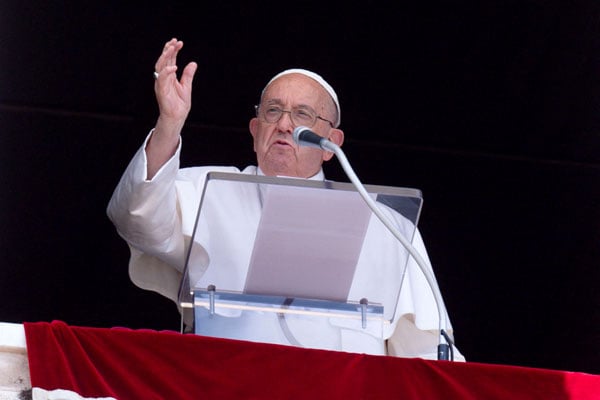Prime
Appointment of a commission to review Constitution is diversionary
What you need to know:
The end. Assuming that a miracle occurs and Otafiire’s dream came true, that will be the end of the idea of a national dialogue. It will be the final nail in the coffin of the Ugandan Constitution.
In the Daily Monitor of November 22, Daniel K. Kalinaki in his column published an illuminating opinion about the minister of Justice’s nomination of a ‘constitutional review commission’.
Very few Ugandans would disagree with Kalinaki’s reasoning and conclusion. There can be very little doubt that the publication and the names of the commissioners conflicts with the relatively long and widely accepted national dialogue organised by religious leaders and diverse NGOs and bodies.
It certainly overshadows all the well-planned events previously welcomed by the country and for which, according to the media, have been eagerly awaited by many. They are supposed to have commenced on November 21, having been billed as welcome by the President and the Prime Minister, but scathingly criticised by Deputy Attorney General Mwesigwa Rukutana. Many observers attributed their cancellation to him.
Later, they are said to have been revised and the President reported to be happy with and willing to participate in the exercise. The proposals Gen Otafiire has published renders the need for the national dialogue not only irrelevant but also logically unnecessary.
Our history, even going before Independence, has been totally ignored because that is not the manner, way and style in which Ugandans amend their Constitution except once when UPC replaced the then existing Constitution with the ‘pigeon hole’ Constitution.
Be that as it may, and assuming the distinguished Ugandans the minister has chosen accept and proceed on their mysterious and inexplicable mission devoid of people’s mandate, what are they supposed to say?
According to President Museveni, the Constitution in 1995 was made by all Ugandans after prolonged discussion which were so much heated and at one time led to protracted civil war which is reflected in the preamble to the Constitution to which the President and Gen Otafiire not only participated in, but approved. The preamble recites: ‘We are people of Uganda…’
When the Constituent Assembly promulgated it, with President Museveni as chief guest, His Excellency said, “This is the best Constitution Ugandans have ever made and I will go to the bush once more if anyone ever attempts to violate it.”
Obviously, anyone including, the newly nominated constitutional review commissioners, who attempts or succeeds in changing it violates it. Are these potential commissioners willing and ready to confront President Museveni when he threatens to go to the bush? Perhaps not.
With the infringement and blatant violations committed willingly or on orders of the NRM party, its fanatics, government cadres and all and sundry, fuelled by torture, murders, and assassinations; markets of corruption in everything done or to be done in Uganda, no one will bother.
Assuming that a miracle occurs and Otafiire’s dream came true, that will be the end of the idea of a national dialogue. It will be the final nail in the coffin of the Ugandan Constitution. It will be the end of Chapter Four of the Ugandan Constitution, which prescribes and protects fundamental freedoms and human rights. It will be the burial ground of the national objective and directive principals of the State.
Lastly and sadly, it will be the final termination of the contract between the people and their government. The NRM will become truly alien to the people of Uganda. But wait a minute, since the days of Black Mamba and deliberate crimes by the members of the government, the police and other security agencies and the lies perpetuated by those who are supposed to be honourable, were we not ready in the chasm?
In the Commentaries of how Politics and Governance Second Impression published by Law Africa, I discuss the salient features of the 1995 Constitution. I observe on Page 22 that the makers of the 1995 Constitution committed themselves to build a better future by establishing a socio-economic and political order through a popular and durable national Constitution based on the principals of unity, democracy, freedom, social justice and progress.
Kalinaki also observes that we should not fall for the same ruse twice. As Ugandans, have we gone raving mad?




